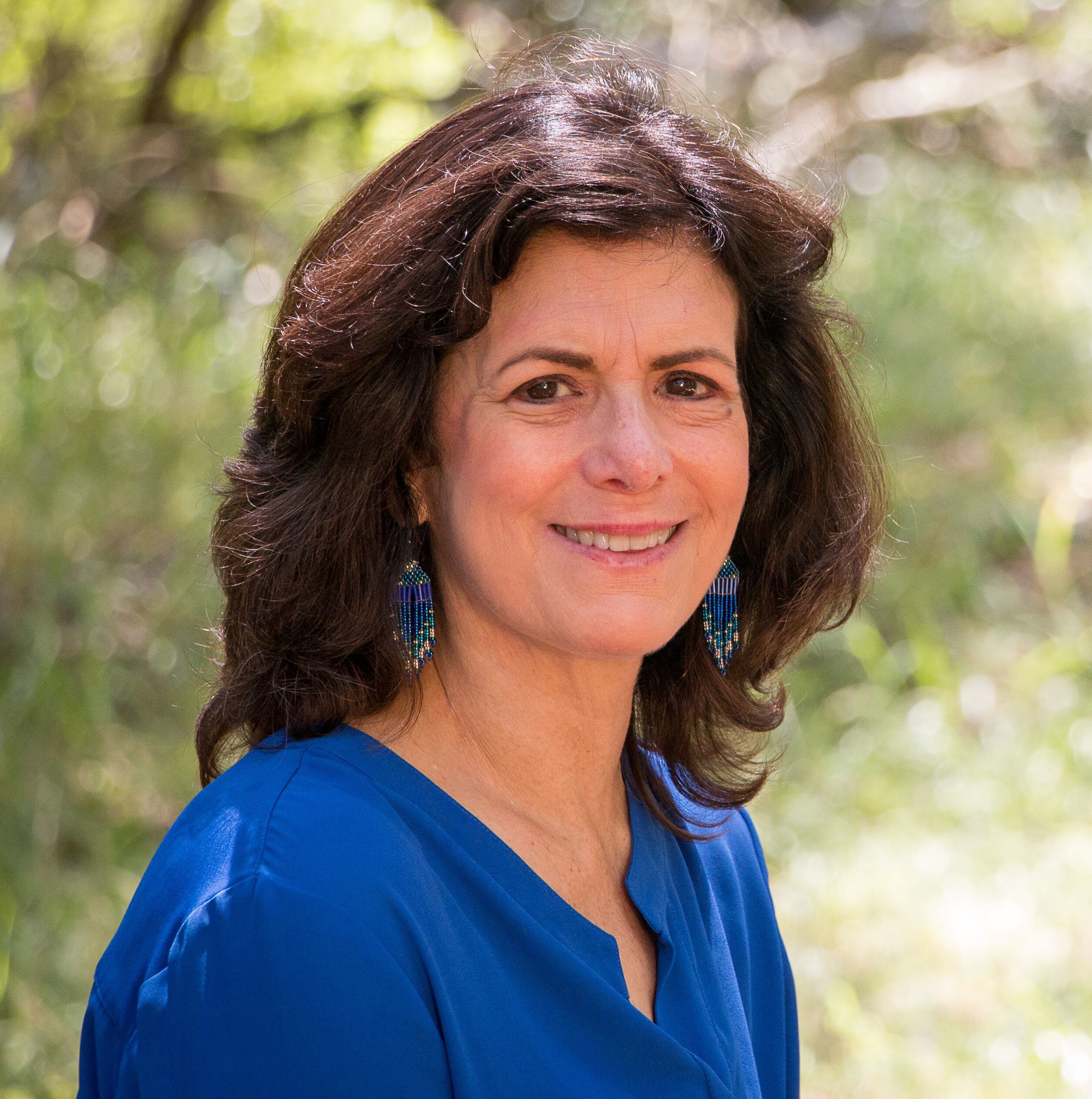What Would Gandhi Do? A Lesson in Applied Spirituality
by Eileen Barker
The purpose of this article is to explore how we, as mediators and conflict resolution professionals, can apply Gandhi’s teachings of truth, love and nonviolence in our work. Although Gandhi himself tested the truth of his beliefs in the arena of social and political revolution, his teachings apply equally to all fields of conflict resolution including international, commercial, organizational, workplace, family, restorative justice, environmental and so on.
Mohandas Gandhi was one of the most influential human beings in history. Again and again, he courageously tested his belief that truth, love and nonviolence were the surest path to political and spiritual liberation. Although Gandhi focused on social and political change, his principles are equally relevant to our work in conflict resolution. In this session we will look at how we, as mediators and peacemakers, can conduct our own experiments with truth, love and nonviolence.
Mohandas Gandhi was one of the most influential human beings in history. He successfully fought against discrimination and political oppression on two continents, yet his commitment to nonviolence was unwavering. He inspired other great leaders of our time, including Nelson Mandela and Martin Luther King, Jr. His life and teachings are as relevant today as ever, especially in the field of conflict resolution.
Gandhi held no political office or official title. He began his career as an lawyer, but later disavowed his profession and claimed as his occupation “farmer and weaver.” He lived among the poorest people in India, in a simple home with few possessions. Yet, he successfully fought against discrimination against Indians in South Africa, and the political domination of India by the British Empire.
What is remarkable about Gandhi is not his accomplishments, although they are extraordinarily impressive. What is truly remarkable are the means through which Gandhi achieved these results. Gandhi was not a political ideologue, and he was not motivated by personal ambition. Rather, his life was devoted to a spiritual quest. Gandhi’s sole goal was to “come face to face with God.” Everything he did was in pursuit of God, which he equated with Truth. Gandhi’s life principles were based on his study of the ancient spiritual teachings of Jesus, Buddha and other religious figures. Gandhi concluded that love, truth and nonviolence were synonymous with each other, and synonymous with God.
Gandhi’s gift to the world was in applying the spiritual truth of love and nonviolence to political and social struggles. As expressed in his own words: “Truth and nonviolence are as old as the hills. All I have done is to try experiments in both on as vast a scale as I could do. Life and its problem shave thus become to me so many experiments in the practice of truth and nonviolence.” Indeed, his autobiography was entitled “The Story of My Experiments with Truth.” Gandhi called for others to put his ideas into practice in their own lives, to pursue their own experiments.
How can we put Gandhi’s ideas into practice in our lives and in the field of conflict resolution.? How can we conduct our own experiments with truth, love and nonviolence?
 Sign up for our newsletter and get a complimentary copy of Eileen's book "Walking the Path of Forgiveness"
Sign up for our newsletter and get a complimentary copy of Eileen's book "Walking the Path of Forgiveness" EILEEN BARKER is an internationally recognized mediator, facilitator, forgiveness teacher and pioneer in the movement to integrate emotional healing and forgiveness in conflict resolution. In addition to her popular workshops and retreats, Eileen offers private forgiveness coaching. She is the author of the Forgiveness Workbook.
EILEEN BARKER is an internationally recognized mediator, facilitator, forgiveness teacher and pioneer in the movement to integrate emotional healing and forgiveness in conflict resolution. In addition to her popular workshops and retreats, Eileen offers private forgiveness coaching. She is the author of the Forgiveness Workbook.
